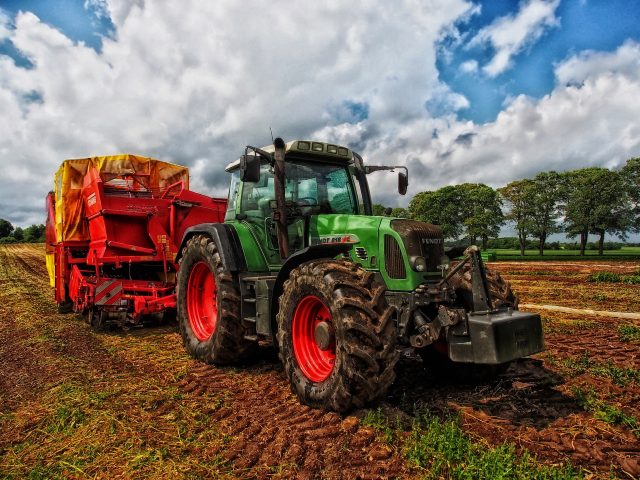
The low standards of agriculture and livestock in Ukraine could create a risky system of unfair competition for the European countries involved
During the press conference of the Organization representing European agricultural cooperatives (Copa-cogeca), concerns and doubts emerged regarding the feared entry of Ukraine into the European Community. Kiev’s accession to the European system would be considered hasty by analysts in the agricultural sector and the risk of an unbalanced participation in continental trade seems to be concrete. The current geo-political situation, made extremely delicate by the Russian invasion of Ukraine last year, has speeded up Kiev’s accession procedures to the European Union with the aim of increasing its protection and discouraging the aggressiveness of the Kremlin. For the European agricultural associations, however, such a rapid entry into the system could hide underestimated criticalities.
Already in recent weeks, countries such as Hungary, Poland and the Czech Republic have denounced too low prices for Ukrainian wheat which would have undermined internal trade, representing unfair competition against national production. The situation would then be aggravated by the setting up by the European Parliament of a path, for Ukraine, facilitated, compared to the standard procedures, to speed up its access to Europe, without investigating the quality of the product, above all in view of the Brussels squeeze on the elevation of environmental standards linked to agricultural production, in contrast with the ruthless external competition.
During the initial months of the war in Ukraine, the whole world suffered a shortage of raw materials and grain almost leading to a dramatic food crisis and then faced, during the humanitarian corridors generated by diplomacy, indiscriminate entry, especially in neighbouring countries, of low-priced and inferior agricultural products that have caused enormous damage to domestic producers. The sector associations fear the risk that, with the entry of Kiev into the European Union, all the plans to safeguard the domestic product, as well as the various customs duties, could be skipped, with the development of unfair unmanageable competition. The most pressing problem is that relating to the standards of agricultural production and Ukrainian livestock which are still very low compared to those imposed by Europe and the path for a possible adjustment will be difficult and slow and, until then, the price of Ukrainian products, it will necessarily be much lower than that of the other producers of the old continent.
A serious clash is currently underway between European farmers and Brussels in relation to the tightening of the environmental standards imposed by the Commission and which would, at the moment, be too strict compared to the real adaptation capacities of farmers. Among the new provisions envisaged, the most criticized one concerns the 50% reduction of pesticides on crops but in contrast with less radical foreign policies and which would thus allow greater external production and at a lower cost, unsustainable for producers of the member States of the Union. Christiane Lambert, president of Copa, believes that an important reform is necessary on the new rules relating to the use of pesticides, which is based on greater investments in scientific research thanks to which organic and natural products can be developed that can effectively replace pesticides hitherto used, without immediately limiting their use by European farmers.
The states that are already undergoing the authorized invasion of agricultural products from Ukraine have already highlighted a substantial difference in quality standards and have denounced the use, by Kiev, of chemical substances currently prohibited by the European Community, thus constituting, a real violation of the terms of competition and of food safety. The lack of more stringent controls and the admission of less disciplined conduct by Ukraine in agricultural trade are due to the extraordinary nature of the historical moment, in view of a more balanced humanitarian resolution.
Alessandro Fiorentino



 Subscribe
Subscribe